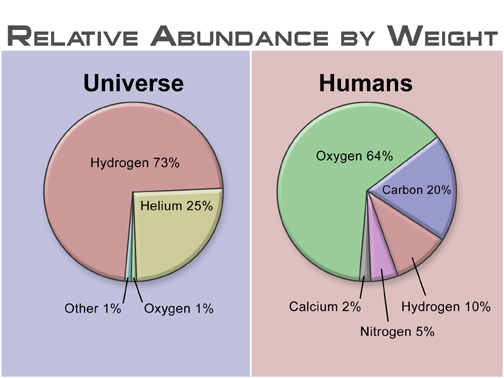"I smoked for sixty years and I never got lung cancer, even though my doctor said I probably would!" - I guess that disproves the theory that smoking can cause lung cancer.
This is a good example, where consensus science theory makes use of liberals art theatre, for a one size fits all theory, which does not fit all. This one exception should be enough to disprove the theory, right, but it lingers anyway because liberal arts is the fiction part of the sales pitch and does not have to fit the data.
A good science theory should be worded in a way that accurately fits the data. The data in the quote below says that that roughly 1% of those who smoke, will die of smoke related disease including second hand smoke. How many thought the way the liberal arts promoted the theory, everybody who smoked would die of smoking? How many knew the data says 99% we're exempt? Accurate data will not sell as well as creative liberty.
Sometimes alternate theorists are needed for the truth in areas of science promoted with liberal arts and political theater, when even consensus science is under the spell of the political theatre, has fear of speaking out, or is compliant for mercenary purposes. Statistical studies are a favorite area of science where liberal arts can used to exaggerate the sales pitch. The buzz words of risk narrows the mind, even if the data says 1%. .
An estimated 42.1 million people, or 18.1% of all adults (aged 18 years or older), in the United States smoke cigarettes.1 Cigarette smoking is more common among men (20.5%) than women (15.8%).1
Cigarette smoking is the leading cause of preventable death in the United States, accounting for more than 480,000 deaths, or one of every five deaths, each year.2


